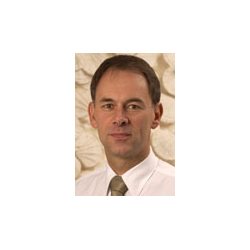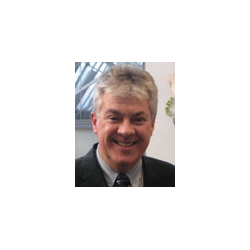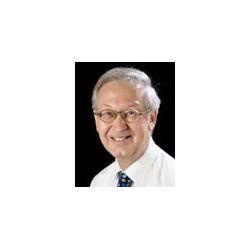
This series aims to share ideas between engineering disciplines about potential technological responses to climate change.

Directions to 2050
David Hone
Group Climate Change Adviser - Royal Dutch Shell
30 January 2008, Lecture Room 4 (LR4)
The forthcoming Climate Change Bill in the UK, the EU 2 deg.C target and AB-32 in California will each apply a challenging constraint to their respective economies. The impact on the energy system and the changes it must see over the coming 20-40 years will be profound. Action will need to start now, driven by significant new policy frameworks. This presentation will explore the nature of those changes, the response required and the policy architecture needed to deliver the desired outcome.
David Hone works for Shell International B.V. and is currently the Group Climate Change Adviser. David joined Shell in 1980 after graduating as a Chemical Engineer from the University of Adelaide in South Australia. He initially worked for Shell as a refinery engineer in Australia and The Netherlands, before becoming the supply economist at the Shell refinery in Sydney. In 1989 David transferred to London to work as an oil trader in Shell Trading and held a number of senior positions in that organisation until 2001. In that year David took up his current role. David is also a board member of the International Emissions Trading Association (IETA). He is currently Vice Chairman of the association. Recently he has worked closely with the World Business Council for Sustainable Development, and is lead author of its recent publications on climate change:
- Energy & Climate Change: Facts and Trends to 2050
- Energy & Climate Change: Pathways to 2050
- Energy & Climate Change: Policy Directions to 2050

High efficiency, low emissions: Power generation on the road to thermotopia
John Young
Professor of Applied Thermodynamics - University of Cambridge
13 February 2008, Lecture Room 1 (LR1)
When the world's first public electricity generating station opened in London in 1882, the First and Second Laws of Thermodynamics had been known for less than a quarter of a century. Nevertheless, it was the application of those laws which guided the development of power generation through the twentieth century and those same laws which have made possible the dramatic increases in efficiency seen over the last fifteen years.
The search for high efficiency and low emissions has spawned a bewildering array of complex thermodynamic cycles, each claiming some particular benefit. Manufacturing industry is constrained to move by comparatively small evolutionary steps, however, and so the world is unlikely to progress with great rapidity to a radically different infrastructure for power generation. The industrial gas turbine has more than proved itself and is likely to retain a large share of the market for the foreseeable future. In simple-cycle operation its efficiency is not high but it can be incorporated into a wide range of cycles to enhance its performance.
Waiting in the wings, however, is the exciting possibility of overcoming the Carnot limitation, that longest standing of all thermodynamic restrictions, ever-present whenever fuel is burned to produce heat. The 'holy grail' of power generation, the direct conversion of chemical energy to electricity, is now technically feasible with the solid oxide fuel cell and in the SOFC-GT combined-cycle, the goal of ultra-high efficiency and near-zero emissions may finally be realised.
John Young is the Hopkinson and ICI Professor of Applied Thermodynamics in the Cambridge University Engineering Department. His research interests include the theory of non-equilibrium two-phase flow, wet-steam turbine technology, homogeneous nucleation theory, various applications in clean-coal technology, solid particle transport and deposition in turbulent gas flows, the thermodynamics of advanced cycles for power generation, gas turbine blade cooling, multicomponent diffusion theory and solid oxide fuel cell technology. Although much of his work is related to the power generation industry, he is also interested in more fundamental problems in thermodynamics.

Can we live on renewables?
David MacKay
Professor of Natural Philosophy - University of Cambridge
27 February 2008, Lecture Room 1 (LR1)
- How easy is it to get off our fossil fuel habit?
- How does our current energy consumption compare with our sustainable energy options?
- What do the fundamental limits of physics say about sustainable energy?
Assuming no economic constraints, assuming we cover the country with windmills and the coast with wave-machines, every roof with solar panels and every field with energy crops, could Britain get enough power from renewables to continue our current consumption?
David MacKay obtained his PhD in Computation and Neural Systems at the California Institute of Technology. His research interests include reliable computation with unreliable hardware, and communication systems for the disabled. He's written a textbook on 'Information Theory, Inference, and Learning Algorithms' (2003, Cambridge). He's currently writing another free book on `Sustainable Energy - without the hot air.' (www.withouthotair.com)

Lighting for the 21st Century
Colin Humphreys
Professor of Material Science - University of Cambridge
12 March 2008, Lecture Room 2 (LR2)
(Abstract and biography to follow)

